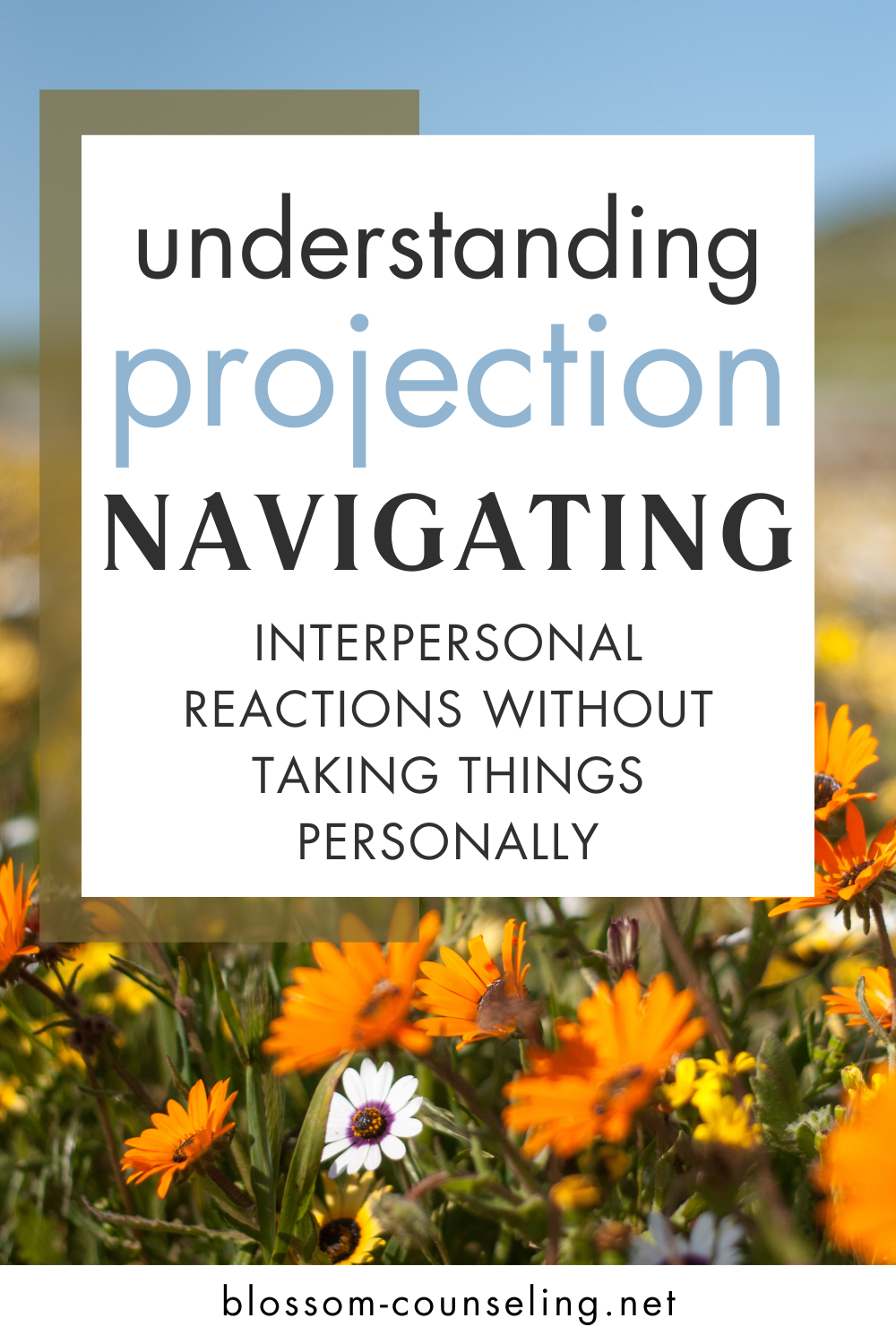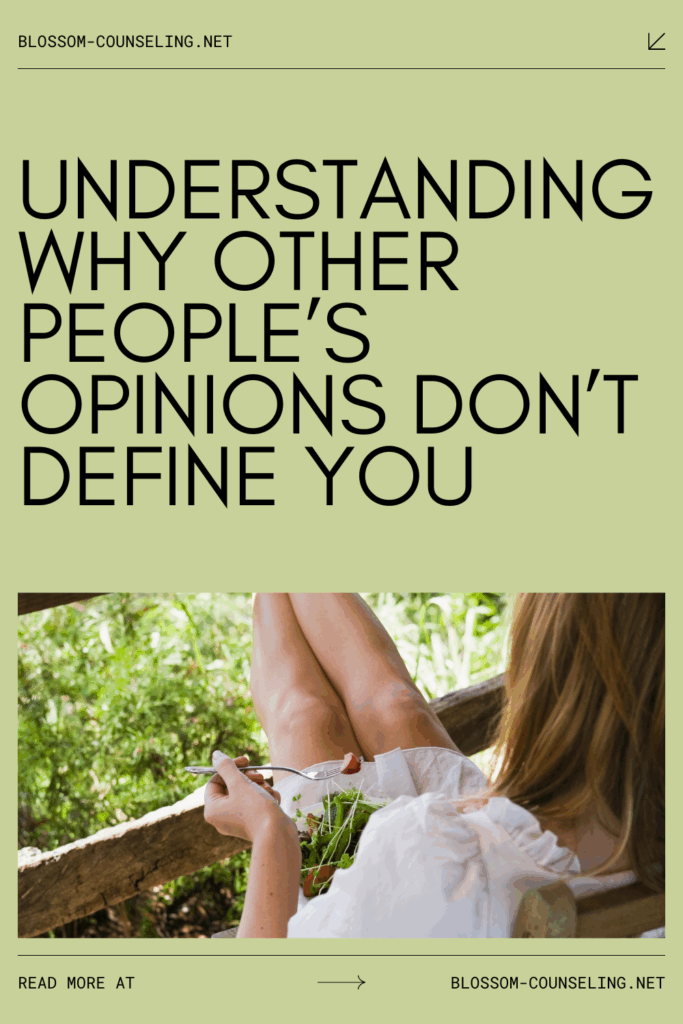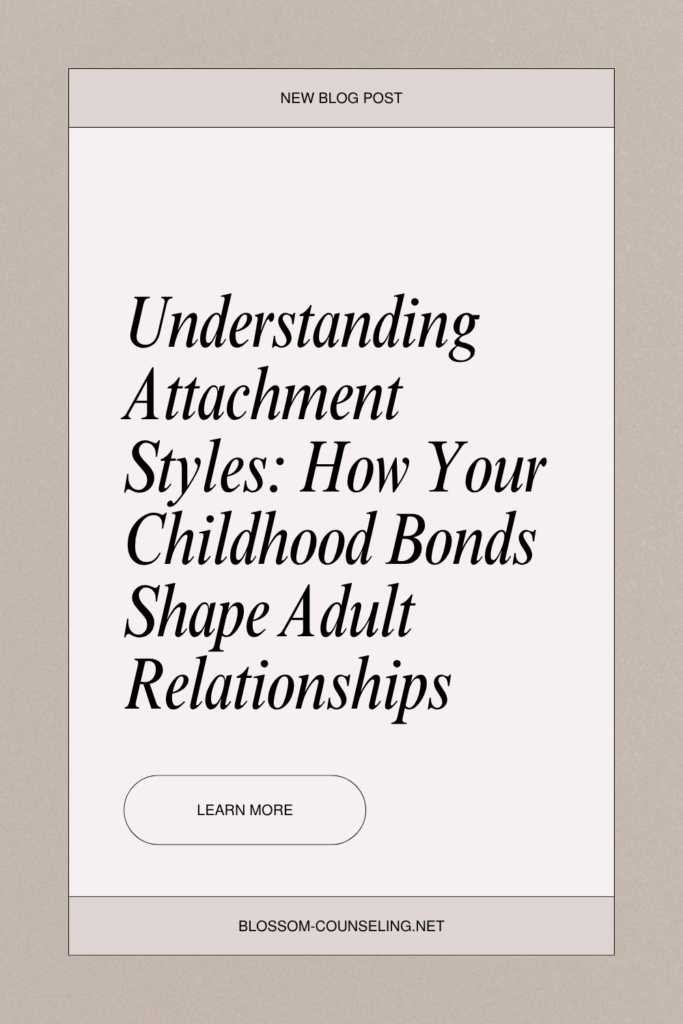
Have you ever found yourself on the receiving end of someone’s bad day, wondering, “What did I do to deserve that?” It’s like suddenly becoming the villain in someone else’s story when you were just minding your own business. This experience, my friends, is often a case of projection—a psychological defense mechanism we all play into from time to time, albeit unknowingly.
Projection is like the mind’s magic trick, diverting our inner criticisms and feelings onto someone else. Imagine you’re feeling insecure about your latest work project. Instead of acknowledging those insecurities, you snap at a colleague for their “lack of effort.” Here, the mind cleverly shifts the internal discomfort outward, making it easier to deal with. Clever, right? But not exactly the healthiest coping strategy.
Now, why is it crucial not to take things personally, especially when projection is at play? Let’s dive into the psychology behind it and explore how understanding this can lead to healthier relationships and personal well-being.
The Spotlight Isn’t Always On You
First things first: realizing that people’s reactions are often more about them than about you can be a game-changer. When someone projects their feelings onto you, they’re dealing with their own internal struggles. They might be wrestling with insecurities, fears, or unresolved issues that have nothing to do with you. Recognizing this can be liberating and can prevent unnecessary emotional turmoil.
The Art of Self-Reflection
Understanding projection provides a fantastic opportunity for self-reflection. When we notice others projecting, it’s a prompt to check in with ourselves. Are we guilty of similar behavior? Acknowledging our tendencies to project can lead to profound personal growth and help us handle our emotions more constructively.
Fostering Compassion and Empathy
When we grasp that projection stems from someone’s internal battle, it becomes easier to approach the situation with empathy rather than defensiveness. This doesn’t mean excusing hurtful behavior but understanding the root cause. Compassion can bridge gaps and facilitate healthier interactions, even in the face of conflict.
Building Emotional Resilience
Not taking things personally is an essential component of emotional resilience. It equips us with the ability to navigate life’s ups and downs without being overly affected by the opinions and actions of others. This resilience enables us to maintain our sense of self-worth and emotional stability, regardless of external circumstances.
Healthy Communication: The Antidote to Projection
Open and honest communication is key to dealing with projection in relationships. Creating a safe space for expressing feelings and concerns can prevent misunderstandings and foster a supportive environment. When we communicate effectively, we reduce the need for defense mechanisms like projection. Understanding the role of projection in our interactions can transform how we perceive and react to the behavior of others. By recognizing that negative encounters often stem from the other person’s internal struggles, we can maintain our emotional equilibrium and not take things personally. This insight encourages self-reflection, promotes empathy, and enhances our communication skills, leading to more meaningful and fulfilling relationships.
Remember, the journey towards emotional wellness involves navigating complex interpersonal dynamics with grace. By unraveling the nuances of projection, we equip ourselves with the tools to foster healthier connections with others and, most importantly, with ourselves.
|
|




